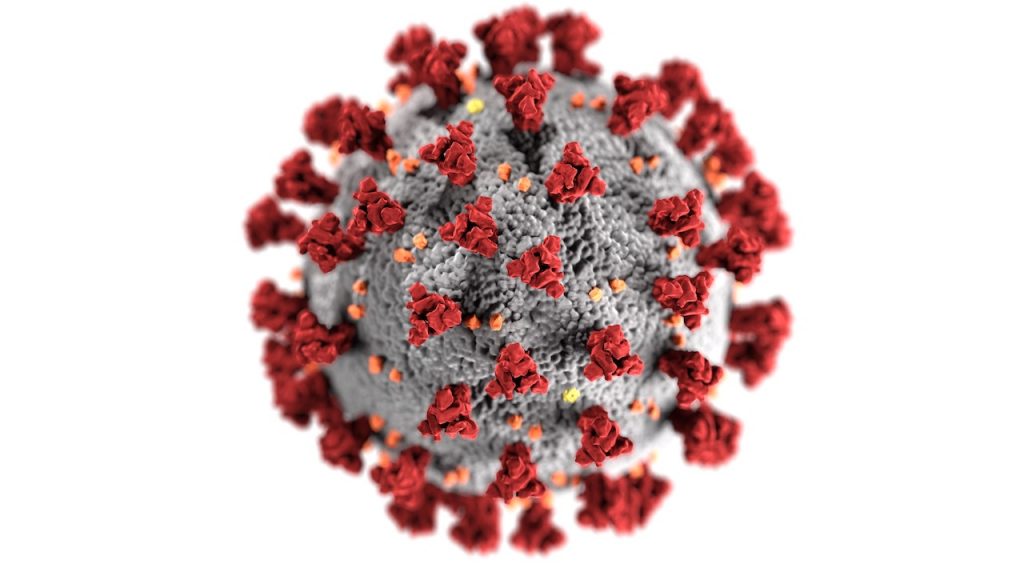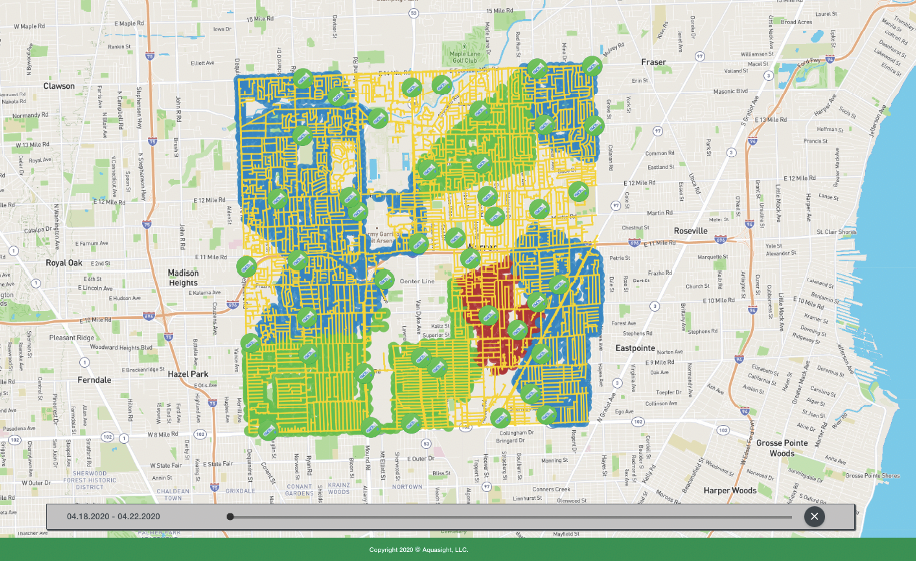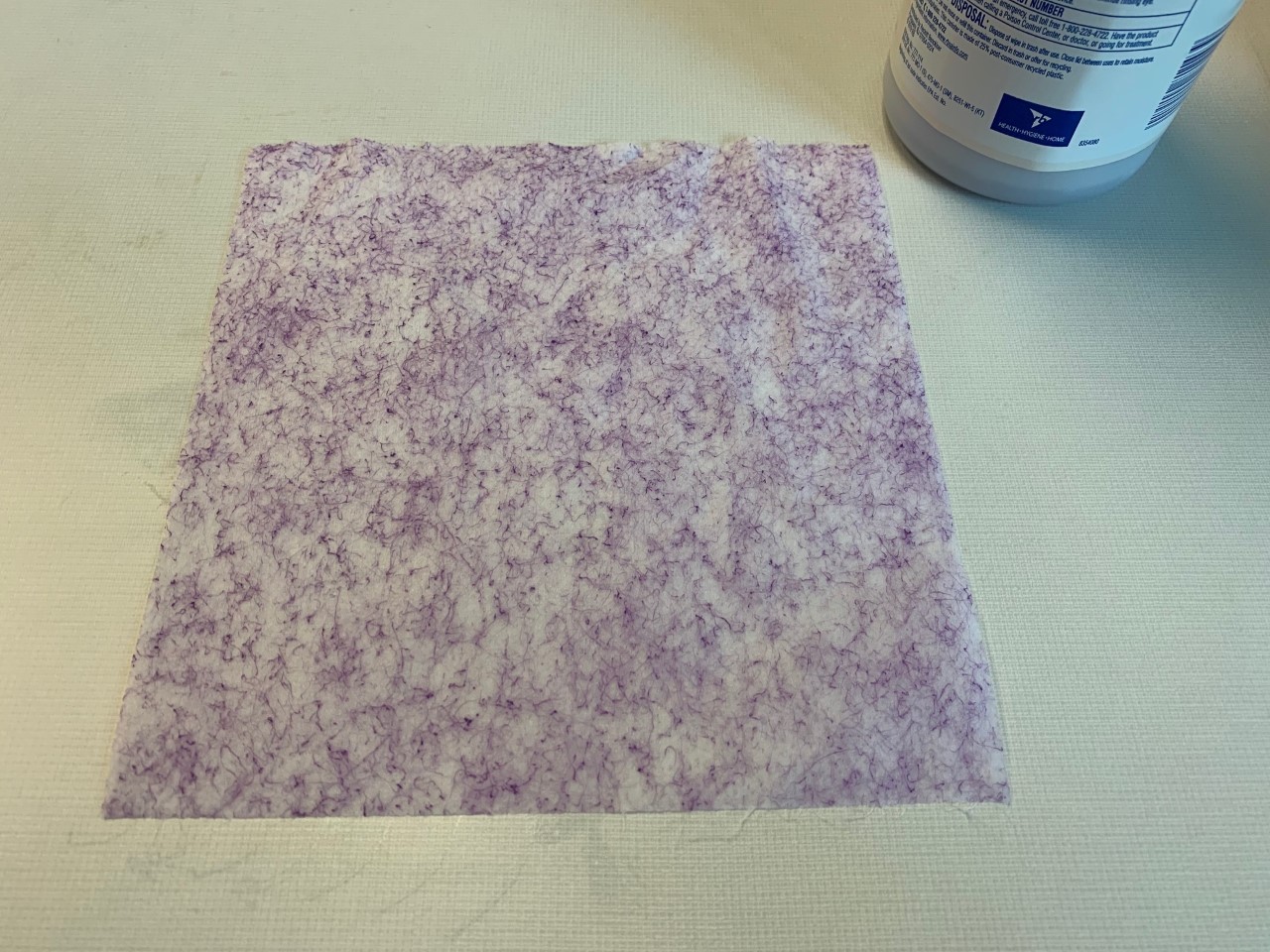Macomb County Will Test Sewage for COVID-19
The results could pinpoint coronavirus hot spots and give health experts more accurate info about its spread.

Macomb County will test sewage samples for the presence of SARS-CoV-2, the virus that causes COVID-19. The results could help health experts identify potential hot spots for the virus.
County Public Works Commissioner Candice Miller says she and her team wanted to do their part to protect public health.
“We’ve seen some other areas in different parts of the country that have been looking into this and we thought why not jump into it?” — Macomb Co. Public Works Commissioner Candice Miller
The City of Detroit began testing untreated sewage for COVID-19 in May. The Centers for Disease Control and Prevention says the virus has been found in the feces of some patients, and also in wastewater treatment systems. The CDC says the risk of transmitting the virus through properly designed and maintained sewerage is thought to be low, and there’s no evidence that has happened.
Click on the player to hear Candice Miller’s conversation with WDET’s Pat Batcheller
But by testing sewage samples in specific areas, Miller says health officials could pinpoint where COVID-19 is occurring.

“We can’t do it by household, but we can certainly do it by a zone or a neighborhood,” Miller says. “The health department will know that there’s COVID-19 in some percentage of the population there, and they can go in and try to contain the virus.”
Miller cited research being done at Yale University, which suggests that testing wastewater not only provides a more accurate number of COVID-19 cases in a community, but could also lead to the development of an early warning system for hospitals and health departments.
“We’re not sure, but we think it will work,” Miller says.
How the Testing Works
Macomb County’s pilot program will begin in Clinton Township.
Miller says her department will lower testing devices through manholes in seven different areas twice a week. The results will then be sent to Michigan State and Oakland universities. The data will be shared with local hospitals, healthcare workers and the county residents.

“We’re going to put the analytics up on a dashboard,” Miller says. “We’d be able to have the public access the information and say, ‘I have COVID-19 in my neighborhood, maybe I better get a test.'”
Funding for the program comes from the CARES Act approved by Congress to help communities respond to COVID-19
Wipes are Still a Problem
Miller says this isn’t the kind of thing she thought she’d be working on when she was elected in 2016 after retiring from Congress. She’s had her hands full since, beginning with a large sinkhole that opened up on 15 Mile Road in Fraser a few weeks after she started the job.
Macomb County’s Fatberg Comes to Michigan Science Center
More recently, Miller faced another problem related to the COVID-19 pandemic: People flushing wipes down their toilets, clogging sewer lines. Miller says her staff has to rake them out of the system.

“We usually get about 1,000 pounds a week at one plant,” she says. “And since people have been staying at home, we’re at about 4,000 pounds a week.”
Miller blames misleading labels on the wipe containers.
“The packaging may say they’re flushable, but they’re not biodegradable,” she says.
Miller is suing wipe manufacturers and urging Congress to pass legislation requiring companies to label their product accurately.
“The last thing we need with all this COVID-19 is a sewer backup,” Miller says.
Trusted, accurate, up-to-date
WDET is here to keep you informed on essential information, news and resources related to COVID-19.
This is a stressful, insecure time for many. So it’s more important than ever for you, our listeners and readers, who are able to donate to keep supporting WDET’s mission. Please make a gift today.
